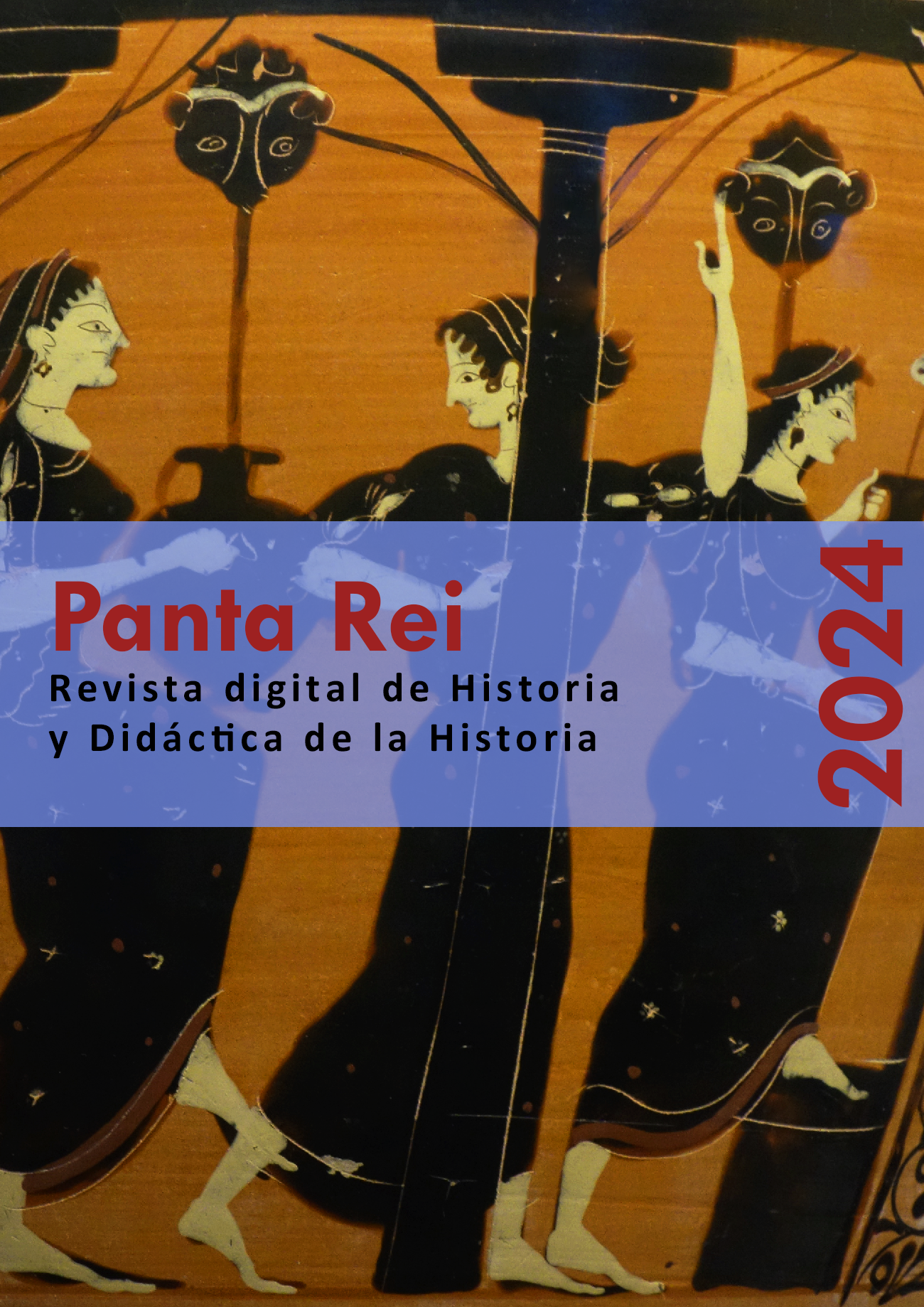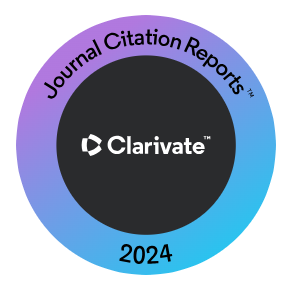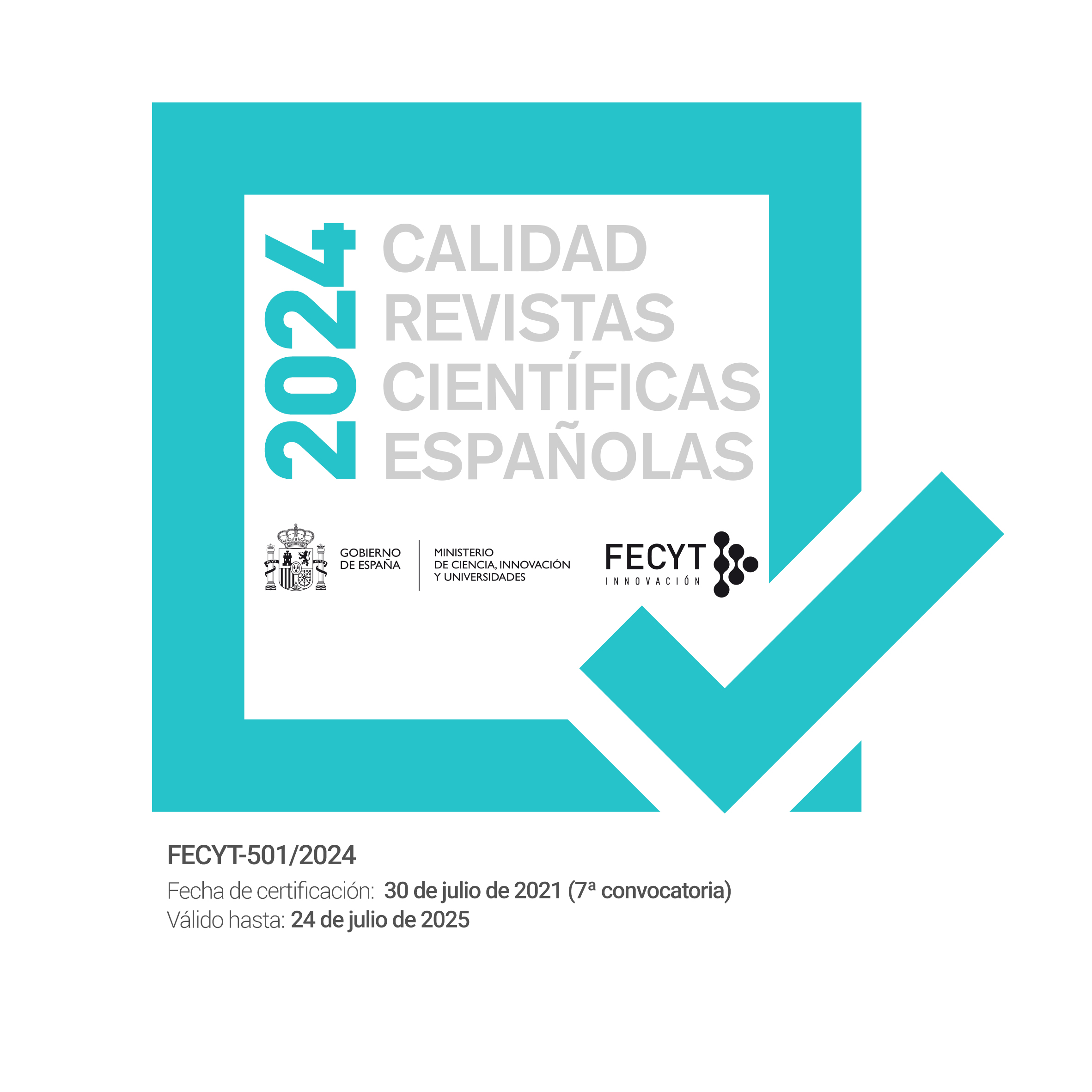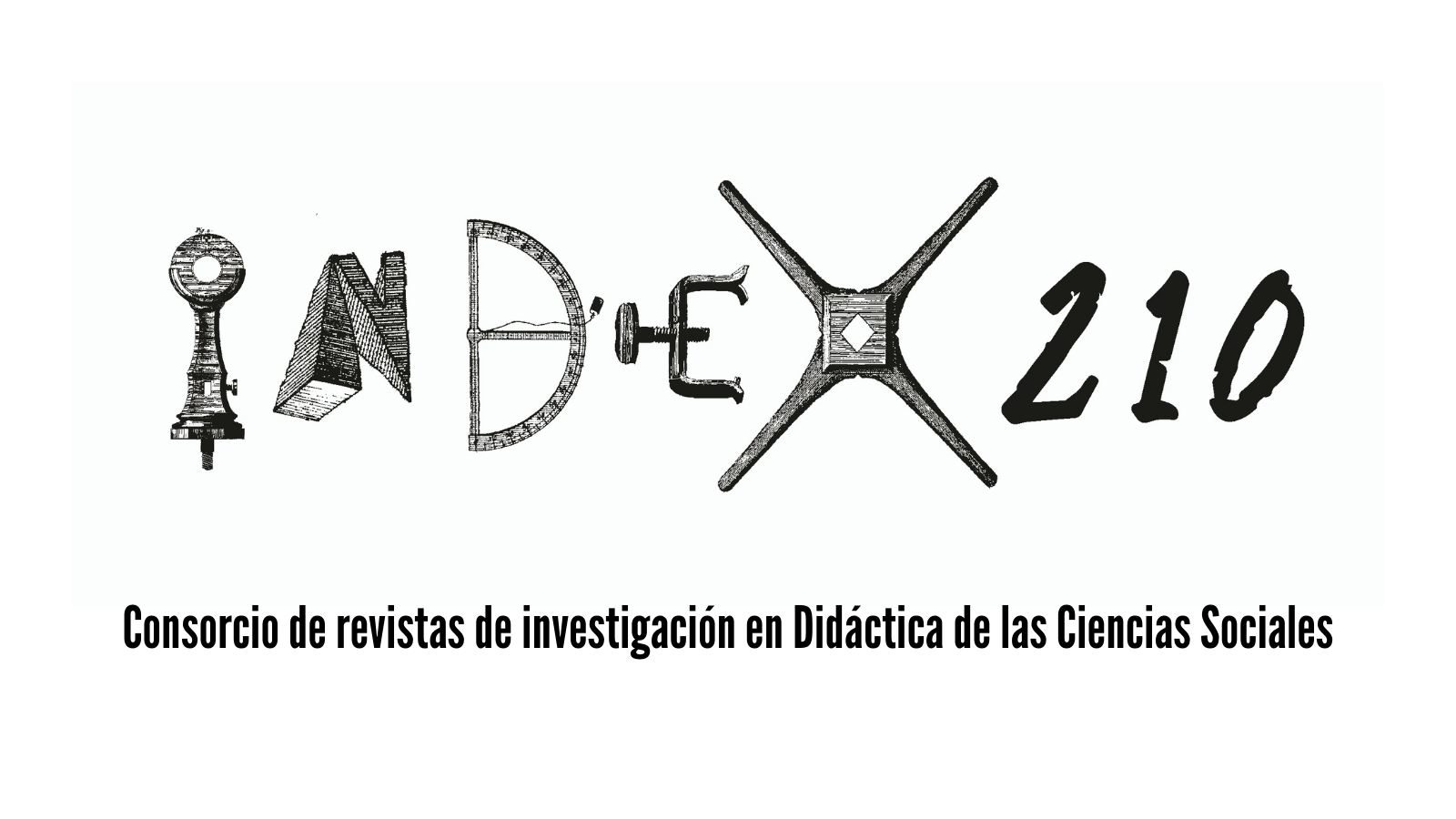Ancient Greece Women in the Historiographic Production of Emilio Castelar
Supporting Agencies
- This work is part of the “Ancient Greece in Modern Times” Project of the Real Colegio Complutense at Harvard University. It is also part of the project entitled “Ancient Democracy in the discourse and construction of the modern republic” (code PID2020-112558GB-I00), funded by the Ministry of Science and Innovation of the Government of Spain. Finally, I would like to express my gratitude to my colleagues in the Classical Reception group at Harvard University for their valuable insights and comments on previous versions of this contribution.
Abstract
The present article examines the ancient Greek female universe in Emilio Castelar's “Galería histórica de mujeres célebres” (Historical Gallery of Famous Women). In this relatively unknown work, the former republican president conveys his conception of the role of women throughout the centuries. In order to delve into the understanding of women in the Hellenic kosmos, the methodology has focused on two characteristics that have defined women in history: their low visibility and high vulnerability. The result of this research reflects that, contrary to expectations, Emilio Castelar is able to present significant differences among women in the ancient Greek world that go beyond the clichés found in literary sources. This investigation highlights the importance of investing in receptions of the classics to understand how the Greek past has been transmitted to us.
Downloads
-
Abstract636
-
PDF (Español (España))282
-
EPUB (Español (España))57
References
Alberola, G. (1904). Semblanza de Castelar. Ambrosio Pérez y C.ª impresores.
Bachofen, J. J. (1861) Das Mutterrecht: eine Untersuchung über die Gynaikokratie der alten Welt nach ihrer religiosen und rechtlichen Natur. Verlag von Krais & Hoffmann.
Balot, R. K. (2009) (ed.). A Companion to Greek and Roman Political Thought. Wiley Blackwell.
Bearzot, C. (2015). La cità e gli orfani. En U. Roberto y P. A. Tuci (eds.), Tra marginalità e integrazione. Aspetti dell’ assistenza sociale nel mondo greco e romano. Atti delle giornate di studio Università Europea di Roma (pp. 9-33). LED.
Bremmer, J. N. (2021) [1ª ed. 1994]. Greek Religion. Second Edition. Greece & Rome. New Surveys in the Classics, 46. Cambridge University Press.
Cantarella, E. (2012). Identitat, g``enere i sexualitat en el món antic. En J. Zaragoza Gras y G. Fortea Domènech (eds.), ΓΥΝΑΙΚΕΣ, Mulieres. Mirades sobre la dona a Grècia i a Roma (pp. 19-32). Arola Editors.
Castelar, E. (1873) Vida de Lord Byron. La propaganda literaria.
Castelar, E. (1886). Galería histórica de mujeres célebres. Tomo primero. Establecimiento Tipográfico Álvarez Hermanos.
Castelar, E. (1887). Galería histórica de mujeres célebres. Tomo cuarto. Establecimiento Tipográfico Álvarez Hermanos.
Castelar, E. (1888). Galería histórica de mujeres célebres. Tomo quinto. Establecimiento Tipográfico Álvarez Hermanos.
Castelar, E. (2011) [1ª ed. 1869]: Discurso sobre la libertad religiosa. Linkgua.
Cava Mesa, Mª. J. (1983). Castelar y la prensa. Un ejemplo metodológico de aplicación del ordenador. Hispania 44(156), 83-106.
Chantraine, P. (1968). Dictionnaire étymologique de la langue grecque. Histoire des mots. Tome I. Α – Δ. Les Éditions Klincksieck.
Cudjoe, R. V. (2000). The social and legal position of widows and orphans in classical Athens. Tesis doctoral. University of Glasgow.
Darío, R. (1889). Castelar. Diario La Nación en 1 julio de 1899, 13-62.
Donézar Díez de Ulzurrun, J. (2014). Emilio Castelar, una vida a rasgos. En J. C. Gómez Alonso et al. (eds.), Constitución republicana de 1873. Autógrafa de D. Emilio Castelar. El Orador y su tiempo (pp. 39-215). UAM Ediciones.
Duce Pastor, E. y Rodríguez Alcocer, Mª. del M. (2020). Dentro o fuera: el estatus de las mujeres atenienses y espartanas en la Grecia antigua. En Mª. C. De la Escosura Balbás et al. (eds.), Blame it on the Gender. Identities and Transgressions in Antiquity (pp. 53-65). BAR Publishing.
Esteve Ibáñez, L. (1990). El pensamiento de Emilio Castelar. Tesis Doctoral. Universidad de Alicante.
Fernández Prieto, A. (2023). El ciudadano frente a la vejez: vulnerabilidad y formas de “asistencia pública” en la Atenas democrática. En C. Rubiera Cancelas, A. García Ventura y B. Méndez Santiago (eds.), Cuerpos que envejecen: vulnerabilidad, familias, dependencia y cuidados en la Antigüedad (pp. 191-208). Dykinson.
Fernández Prieto, A. e Iriarte, U. (eds.) (2024). (In)visibilidad, vulnerabilidad y agencia: visiones de las mujeres en la antigua Grecia. Universidad de Sevilla.
Finley, M. I. (1985). Democracy Ancient and Modern. Rutgers University Press.
Folbre, N. (2006). Measuring Care: Gender, Empowerment, and the Care Economy. Journal of Human Development 7(2), 183-199.
Fornis, C., Sancho Rocher, L. y García Sánchez, M. (2023) (eds.). La democracia griega y sus intérpretes en la tradición occidental. Tecnos.
Georgoudi, S. (1992). Creating a Myth of Matriarchy. En P. Schmitt Pantel (ed.), A History of Women in the West. 1. From Ancient Goddesses to Christian Saints (pp. 449-463). The Belknap Press of Harvard University Press.
González Estrada. L. (2018). Violencia sexual contra la población infantil en la sociedad romana antigua. Explotación, prostitución y abuso. En C. Rubiera Cancelas (ed.), Las edades vulnerables. Infancia y vejez en la Antigüedad (pp. 111-138). Trea.
Hansen, M. H. (1989). Was Athens a Democracy? Popular Rule, Liberty, and Equality in Ancient and Modern Political Thought. Royal Danish Academy of Sciences and Letters.
Hansen, M. H. (2005). The Tradition of Ancient Greek Democracy and Its Importance for Modern Democracy. Kgl. Danske Videnskabernes Selskab.
Hardwick, L. y Stray, C. (2007) (eds.). A Companion to Classical Receptions. Blackwell.
Harris, M. (1968). The Rise of Anthropological Theory. A History of Theories of Culture. Thomas Y. Crowell Company.
Iriarte, A. (2002). De amazonas a ciudadanos. Pretexto ginecocrático y patriarcado en la Grecia Antigua. Akal.
Iriarte, A. (2020). Feminidades y convivencia política en la antigua Grecia. Editorial Síntesis.
Laes, C. (2005). Child Beating in Roman Antiquity: Some Reconsiderations. En K. Mustakallio et al. (eds.), Hoping for Continuity. Childhood, Education and Death in Antiquity and the Middle Ages (pp. 75-89). Instituti Romani Filandiae.
Lissarrague, F. (1992). Figures of Women. En P. Schmitt Pantel (ed.), A History of Women in the West. 1. From Ancient Goddesses to Christian Saints (pp. 139-229). The Belknap Press of Harvard University Press.
Mayor, A. (2014). The Amazons: Lives and Legends of Warrior Women across the Ancient World. Princeton University Press.
Moura, C. (2020). A misoginia na tradição biográfica de Eurípides. Codex: Revista de Estudos Clássicos 8(2), 39-62.
Nash, M. (1985). Invisibilidad y presencia de la mujer en la historia. Historia 10, 12-26.
Pidal y Mon, L. (1869). Las citas históricas del Sr. Castelar. Gregorio Estrada.
Plácido, D. (2023). Problemas de hoy, palabras de ayer. Explotación, trabajo, esclavitud. UAM Ediciones.
Pomeroy, S. (1975). Goddesses, Whores, Wives, and Slaves. Women in Classical Antiquity. Schocken Books.
Roberts, J. T. (1994). Athens on Trial: The Anti-Democratic Tradition in Western Thought. Princeton University Press.
Rousselle, A. (1984). Porneia. De la maîtrise du corps à la privation sensorielle. IIe – IVe siècles de l’ère chrétienne. Presses Universitaires de France.
Rubiera Cancelas, C. (2018) (ed). Las edades vulnerables. Infancia y vejez en la Antigüedad. Trea.
Rubiera Cancelas, C., García Ventura, A. y Méndez Santiago, B. (2023) (eds.): Cuerpos que envejecen: vulnerabilidad, familias, dependencia y cuidados en la Antigüedad. Dykinson.
Schmitt Pantel, P. (1992). Women and Ancient History Today. En P. Schmitt Pantel (ed.), A History of Women in the West. 1. From Ancient Goddesses to Christian Saints (pp. 464-471). The Belknap Press of Harvard University Press.
Sissa, G. (1987). Le corps virginal. La virginité féminine en Grèce ancienne. Librairie Philosophique J. Vrin.
Varagnac, E. (1920). Un grand espangnol, apôtre du droit des peuples. Emilio Castelar. Bloud & Gay.
Valderrábano González, I. (2023). Nodrizas y pedagogos: el saber del hogar en la Atenas democrática. Dialogues d’Histoire Ancienne, Supplément 27, 253-273.
Valdés Guía, M. y Fernández Prieto, A. (2022). Familia, pobreza y vulnerabilidad en la Atenas clásica: ancianos, viudas y huérfanos de la guerra. En F. Marco Simón, F. Pina Polo y J. Remesal Rodríguez (eds.). La pobreza en el mundo antiguo (pp. 23-52). Edicions de la Universitat de Barcelona.
Viitaniemi, L. (1998). Parthenia – Remarks on virginitiy and its meanings in the religious context of Ancient Greece. En L. Larsson Lovén y A. Strömberg (eds.). Aspects of women in Antiquity (pp. 44-57). Paul Åströms Förlag.
Copyright (c) 2024 Unai Iriarte

This work is licensed under a Creative Commons Attribution-ShareAlike 4.0 International License.
All the contents published in this journal are subject to an Attribution-ShareAlike 4.0 International (CC BY-SA 4.0) Creative Commons License. You are free to: Share — copy and redistribute the material in any medium or format, Adapt — remix, transform, and build upon the material, for any purpose, even commercially. Under the following terms:
Attribution — You must give appropriate credit, provide a link to the license, and indicate if changes were made. You may do so in any reasonable manner, but not in any way that suggests the licensor endorses you or your use.
ShareAlike — If you remix, transform, or build upon the material, you must distribute your contributions under the same license as the original.
Full text of the license is available in: Creative Commons License 












